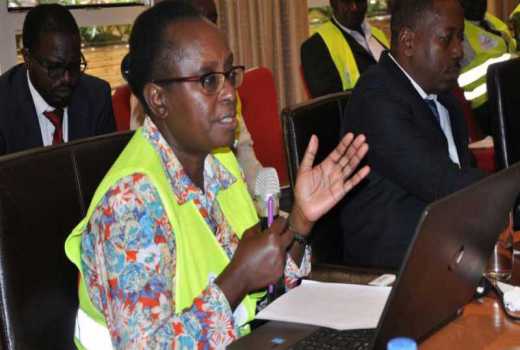×
The Standard e-Paper
Fearless, Trusted News

The High Court in Machakos will next week determine whether a case filed by doctor Tatu Kamau, who wants female circumcision legalised, will proceed or not.
Dr Kamau, who has been practising medicine for 26 years, wants the court to declare as unconstitutional an Act that outlawed Female Genital Mutilation.